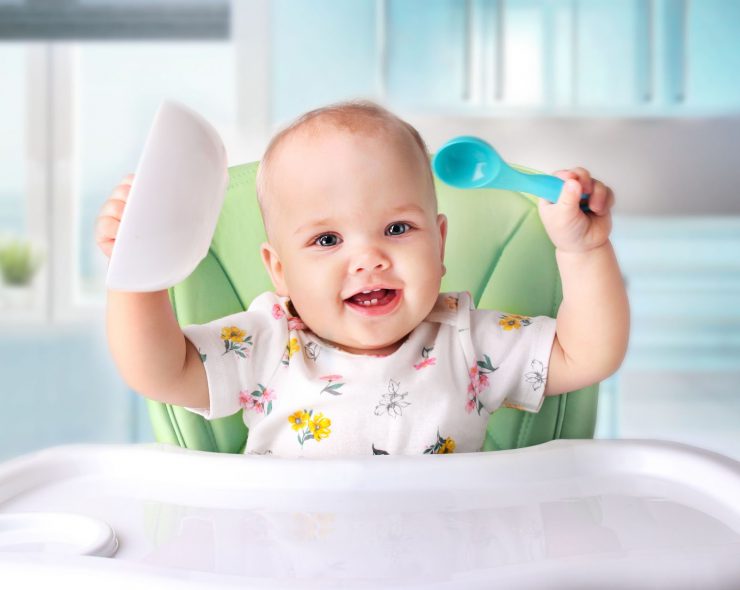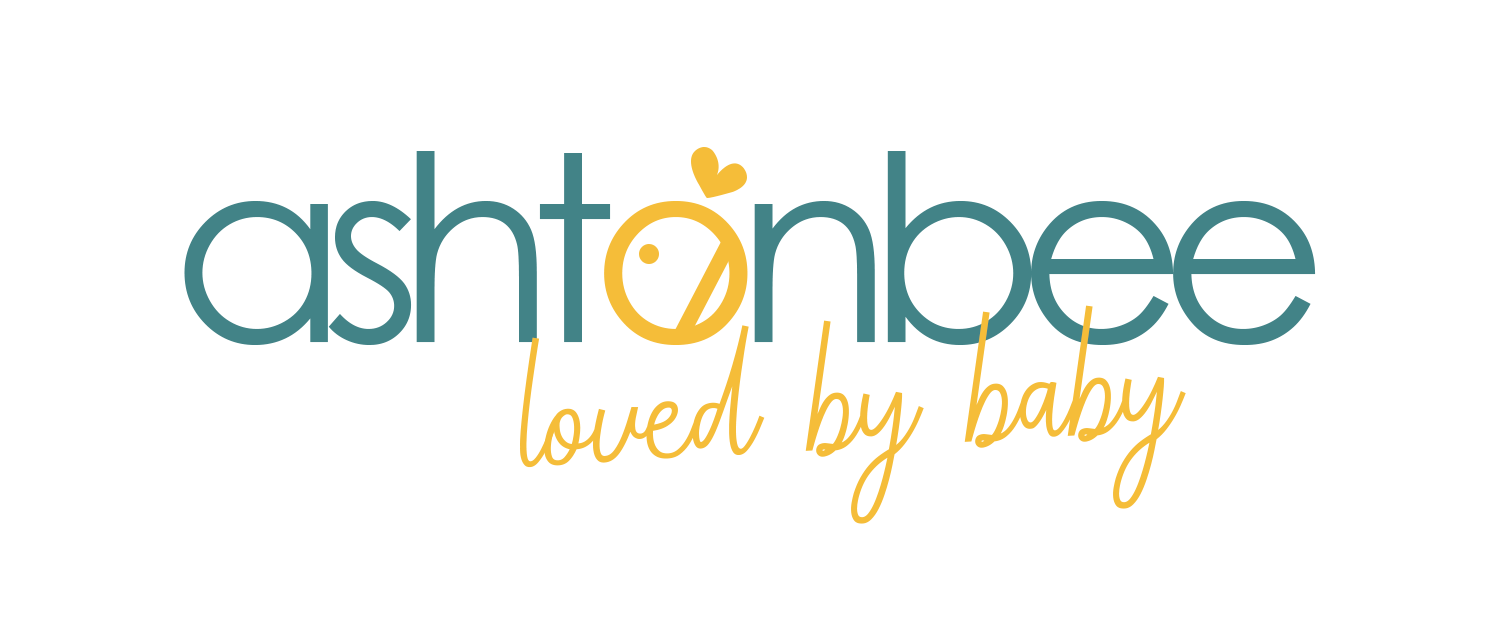
At 6 months, as a parent, you begin to think about what the best first spoon for your baby is. By this time, babies are starting to eat solid foods like purees, mashed fruits, or vegetables.
With this change in your baby’s diet we don’t blame you for asking, “What is the best first spoon for my baby?”
According to experts, the best starter spoon for your baby is small, perfect for the amount of food they are allowed to eat. Moreover, it has lightweight handles and a soft texture, which are less harmful to a baby’s gums.
“As long as it looks cute” is not always the case. Buying the wrong spoon for your baby can hinder their eating process and make it less enjoyable for them. Here are some points that you should consider when buying the best first spoon for your baby.
Size and Shape
Baby bowls and spoons should be almost flat and small for 6-month-olds since they are easier to eat from. Almost all feeding bowls come with a spoon.
The older they get, the more curved your bowl and spoon should be since it will also help the babies curve their tongues.
Age
Did you know that the best spoon for your baby to learn to eat correctly depends on their age? Start with spoons with smaller and rounder tips; after many months, you can switch to spoons with bigger tips. Remember never to buy utensils that have sharp ends since they can scratch your baby’s mouth.
Handle Design
While many parents think that the longer the handle, the better, what’s true is usually the opposite. Pick a spoon with a short handle and a curved tip. If possible, look for a nonslip spoon to help your baby grip.
Material
We all know that babies tend to bite almost everything they touch. So as a parent, we need to ensure that whatever they have around them is safe. Choose a heat-resistant spoon material like silicone, and make sure to read the labels and see if it is phthalates-, BPA-, lead-, and PVC-free.
Choking Hazards
Check the screws or joints on the spoon and make sure that they aren’t coming loose. These small parts can be a choking hazard to your baby.
Washable
There are a lot of spoons that are not dishwasher-safe, microwave-safe, and freezer-friendly. Make sure to check the label, and if you choose to buy ones with no safety labels, at least practice safety measures to ensure that your spoon stays intact for longer while still being safe for your baby.
Color
Babies can start seeing colors in as early as 5 months. Buying light-colored spoons (or toys) can help them focus and enjoy the feeding process better.
Gentleness
Between 6–24 months, teething occurs. It usually involves symptoms like irritability, sensitivity, and swollen gums. Because of this, you have to choose a spoon that is highly gentle to the baby’s gums to avoid further complications.
Types of Spoons Based on the Baby’s Age

6 Months
Choose a spoon that is almost flat with a handle of middling length and a circular edge. Since it has a fairly long handle, your baby can easily hold it while eating. Also, a flat surface creates a safer way of eating, since at this age, the baby’s tongue still cannot fold and move a lot.
8 Months
Choose a long-reach handle with a soft circular age and an almost flat head. Make sure that it is nonslip and safe when in contact with food or water since, at this age, your baby tends to experiment with different ways to eat.
9–12 Months
At this age, you can begin to choose a spoon with a shorter handle and a slightly thicker head. By this time, your baby has already adjusted to their eating process thus making it easier for them to grab the spoon. This is part of the training process before they use a normal spoon.
Over 12 Months
At this point, you can give your baby an ordinary, bigger spoon that can grab more food. However, you have to choose one with a thick and less pointy edge to avoid accidents.
Tips on Utilizing the Best Spoon for Babies to Learn

Using utensils and getting used to it is a very interesting yet tough experience for your baby. This will be a very challenging job for you as a parent; it will test your patience often.
Allow your baby to hold a spoon.
Even if you are the one feeding your baby, allow them to hold the spoon so that they can feel that they are involved in the eating process. Never limit your baby to what they can do, but watch them at all times for precaution.
Accept the mess.
Things are gonna get messy. Mess is great! It is proof that your baby is discovering and experiencing new things. Make sure not to shout or scold them whenever they create a mess while eating (or even playing).
Be patient.
According to studies, babies can understand words as early as 6 months. This means that whatever you tell them, make sure that they are kind and assuring words to motivate them and allow them to enjoy the process of learning.
Praise your child.
One mistake that stops your babies from wanting to learn more is stopping them when they commit mistakes. Mistakes are part of your baby’s learning process. Let them make mistakes. Give them praise for what they did well and encourage them to try new things.
Choose sticky food.
Apart from it being healthy for your baby’s gut health, sticky food is also easier to scoop for your baby; it can help your baby eat faster.
Conclusion
Every parent wants the best for their children. It is not always a smooth ride, however. As first-time parents, we always want to make sure that our babies are eating right. With that, choosing the right spoon is critical, but it can also be a fun process.
At Ashtonbee, we’re committed to helping your parenting journey become an easy one. There is always room for improvement. Never forget to learn new things, congratulate yourself and learn from your mistakes. Need more information or help about the best baby spoon for your young one? Talk to us!



